Building MOAB-TempestRemap for E3SM
MOAB-TempestRemap Pre-installed
MOAB comes pre-built as part of a 
Optional Dependencies
There are several option dependencies for MOAB. Features and tools get automatically built based on the enabled dependencies when configuring MOAB library.
- MPI: MOAB supports usage of MPICH and OpenMPI libraries configured externally in order to enable scalable mesh manipulation algorithms.
- HDF5: In order to manage the data dependencies and to natively support parallel I/O, MOAB uses a custom file format that can represent the entire MOAB data model in a native HDF5-based file format.
- NetCDF: MOAB library optionally depends on the NetCDF libraries (C) to compile the ExodusII reader/writer.
- Parallel-NetCDF: MOAB library optionally depends on the parallel-NetCDF (pnetcdf) libraries to compile the support for parallel reader and writer of NetCDF meshes and linear map weight files.
- Metis/ParMetis: MOAB can optionally use the Metis or ParMetis library for partitioning mesh files in an offline form through the
mbparttool. - Zoltan: Support for both offline and online partitioning through Zoltan (and its dependencies on Scotch, ParMetis etc) can be utilized through the partitioner tool and at runtime with appropriate options (
PARTITION_METHOD=RCBZOLTAN;) - TempestRemap: Provide support for both offline and online remapping of Climate field data on unstructured spherical meshes
- Eigen3: A substitute for BLAS/LAPACK interfaces. However if TempestRemap tools are to be built, this becomes a required dependency as we store the SparseMatrix internally on every task using Eigen3 datastructures
Configuration and building from source
First, clone the sources from the repository using the command
git clone https://bitbucket.org/fathomteam/moab.git
Currently, both CMake and Autotools are maintained simultaneously in order to support all platforms (including Windows). Please choose your build system according to your needs and follow instructions below. Both of these workflows follow the same pattern of commands to build and install in your platform. Note that the autotools workflow may get deprecated in the future.
Autotools based configuration workflow
- Please ensure that the autotools toolchain is pre-installed locally. We recommend a minimum autoconf version of v2.69.
- Run
autoreconf -fito generate the configure script - Run the
configure --helpscript in the top source directory to see a list of available configure options.- Use
--prefix=INSTALL_DIRto specify installation directory - Override default compilers with environment or user options:
CC, CXX, FC, F77 - If you have MPI installed, use
--with-mpi=$MPI_DIR - If you have HDF5, NetCDF, PNetCDF installed, use
--with-hdf5=$HDF5_DIR--with-netcdf=$NETCDF_DIR --with-pnetcdf=$PNETCDF_DIRto specify external dependencies. - Similarly for Metis or ParMetis dependencies, use
--with-metis=$METIS_DIRand--with-parmetis=$PARMETIS_DIRrespectively - If you have Zoltan installed, use
--with-zoltan=$ZOLTAN_DIR - If you have TempestRemap master branch pre-installed, then use
--with-tempestremap=$TEMPESTREMAP_DIRduring configuration, or use the auto-download option to let MOAB automatically build the dependency with the configure option--download-tempestremap(to download the latest release) OR--download-tempestremap=master(to build from Git master)
- Use
- Now run the
configurescript with desired configuration options either in-source or out-of-source (build) directory.
Once configuration with either autotools or the CMake workflow is complete in the build directory, run the following to build the library:
- Compile MOAB and supported tools:
make -j4 - Verify configuration and build setup:
make check
Next to install the compiled libraries, headers and tools, run: make install
- You can now use the
makefilegenerated under thebuild/examplesfolder and modify it to compile downstream code with MOAB dependency

